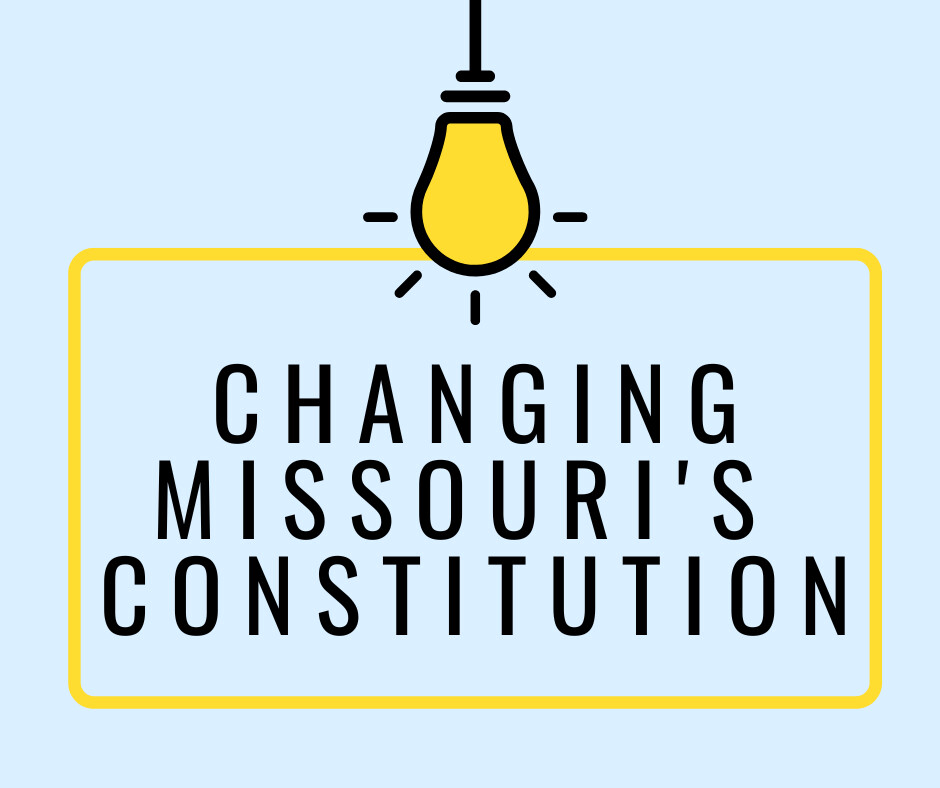
amending the constitution needs to be more fair to rural missourians
Why?
Well…. Did YOU want the marijuana amendment to pass?
Chances are, if you live in any county outside of a metropolitan area, you did not. The map below, which is provided by Missouri First, shows exactly which Missouri counties were in favor of Amendment 3 which was on our November 2022 ballot. As you can see, only 16 voting districts approved.
So often, this is the case. The general population of the cities is enough to out vote the rural areas. You likely already know the big problem with this.
The cities are vastly different than the majority of Missouri. Those of us who live in the beautiful Missouri farmland or near our gorgeous cold, spring-fed rivers in the southern Missouri hills do NOT want to share the way of life of our city dwelling friends. Generally speeking, our needs are different and our values are different.
When it comes to changing our Missouri Constitution, the needs and voices of rural Missourians aren't being taken into account. The Concurrent Majority Ratification legislation will help us fix that.
vocabulary to understand
Initiative Petition (IP)
This is the process by which citizens are able to add measures onto our ballots on election day. The process is overseen by the Secretary of State and involves collecting hundreds of thousands of signatures to request the additional measure to the ballot. It’s a very expensive process and it’s not easy to accomplish. And that’s a good thing. We don’t need it to be easy BUT we also don’t want to completely remove the people's ability to make a change when necessary.
IP Reform
If you hear of IP Reform, it is referring to an effort to change the process of citizens being able to add an amendment to the ballot. Those who feel the Constitution is irrelevant these days would love for it to be easier. People who don’t want any changes to the Constitution would prefer it be much harder or near impossible for the people to be able to accomplish the passage of a constitutional amendment.
Citizens do need a way to change things if their elected officials aren’t representing the constituents well. It doesn’t need to be impossible but it does need to be very challenging and that is the case as it stands. If I were to update the IP process, I’d choose to make it even a little more difficult to do but I don’t believe this is the answer to our concerns.
There are a lot of initiative petitions that are filed each year and only a very few make it to the ballot. In 2022, there were 89 IP filings and only 50 were approved for circulation to collect signatures. Of those, only 1 actually made it onto the 2022 ballot and that was the the marijuana amendment. The other ballot measures arrived on the ballot via joint resolutions passed by legislature.
Concurrent Majority Ratification (CMR)
According to Webster, the definition of concurrent majority is, “a political majority created out of divergent interest groups and temporarily united by general agreement especially in protecting a minority right”
In this case, the divergent interest groups are the rural areas. Rural Missourians have a different interest than residents of our biggest cities. We need to protect rural Missourians' interests.
Specifically, we will be looking at the Missouri House Districts to do that because they are the smallest political subdivisions of Missouri voters.
Ratification is the official consent to the changing of the constitution.
Concurrent Majority Ratification means that it would take the popular vote AND the majority of House districts approval in order to officially change the Missouri Constitution.
Popular Vote
The results of individual votes cast.
the american standard
The standard for creating public policy in America IS by way of concurrent majority.
- States vote to ratify amendments to the US Constitution. We don't change it by a national popular vote.
- The Electoral College. We don't elect the President by a national popular vote.
- We have 2 US Senators per state, regardless of population size.
- Members of the House of Representatives (both MO & US) represent geographic districts
- Our legislature consists of 2 chambers - House & Senate. Passing legislation requires a concurrent majority
In truth, amending the Missouri Constitution by way of a statewide popular vote is the exception not the rule. It causes a problem in that the cities of Missouri are able to control any ballot initiative and our rural citizens are disenfranchised. It needs to change.
current legislation to support
Each of these are Joint Resolutions. If passed by the legislature, they will not be added to statute. They become ballot measures brought before the people for a vote.
SJR 28 by Senator Jill Carter
SJR 33 by Senator Mike Moon
HJR 30 by Representative Ed Lewis
The key point in each of these three pieces of legislation is that in order to amend the Missouri Constitution, it would require more than 50% of the popular vote AND more than 50% of the vote in each Missouri House District.
If this had been the statute prior to our November 2022 election, the marijuana amendment would NOT have passed because although the popular vote was more than 50%, there were not nearly enough Missouri House districts that approved.
take action
- Call and email your Representative &. Senator regarding this issue. Keep it respectful, short & sweet. Tell them you support the CONCURRENT MAJORITY RATIFICATION language in SJR 28, SJR 33 and HJR 30 and you are requesting they support these at any opportunity available to them.
- Watch for committee hearings and participate by attending or submitting testimony as often as possible. I'll keep you updated as to when & where those are happening. The first House hearing is Tuesday, 1/24 at Noon in House Hearing Room 6.
- Call and email committee members individually to express your support prior to any hearings.
- Share this information with your friends and family. If this legislation passes, it will then be added to the ballot and we need educated voters.
tools to help you take action
Don't know your legislators or their contact info? Legislator Lookup Tool
Legislator email addresses follow the following templates.
Senators - firstname.lastname@senate.mo.gov
Representatives - firstname.lastname@house.mo.gov
Committee members
Peggy McGaugh, Chair (R) 573.751.2917
Dan Stacy, Vice Chair (R) 573.751.8636
Joe Adams, Ranking Minority Leader (D). 573.751.4265
Brad Banderman (R). 573.751.0549
Donna Baringer (D). 573.751.4220
Tricia Byrnes (R). 573.751.1460
Jeff Coleman (R). 573.751.1487
Bill Falkner (R). 573.751.9755
Roger Reedy (R). 573.751.3971
Alex Riley (R) 573.751.2210
Adam Schwadron (R). 573.751.2949
David Tyson Smith (D). 573.751.9753
Justin Sparks (R). 573.751.0562
Cheri Toalson Reisch (R). 573.751.1169
Ken Waller (R) 573.751.4451
Kevin Windham (D). 573.751.4726
Eric Woods (D). 573.751.2199
Elaine Gannon, Chair (R). 573.751.4008
Sandy Crawford, Vice Chair (R). 573.751.8793
Jill Carter (R). 573.751.2173
Mary Elizabeth Coleman (R). 573.751.1492
Andrew Koenig (R). 573.751.5568
John Rizzo (D). 573.751.3074
Barbara Washington (D). 573.751.3158
upcoming hearings
House Committee Hearing
Tuesday, January 24, 2023 @ 12:00 Noon in House Hearing Room 6
Submit Written Testimony - Support HJR 30. Be sure to check your email and click to verify your submission.

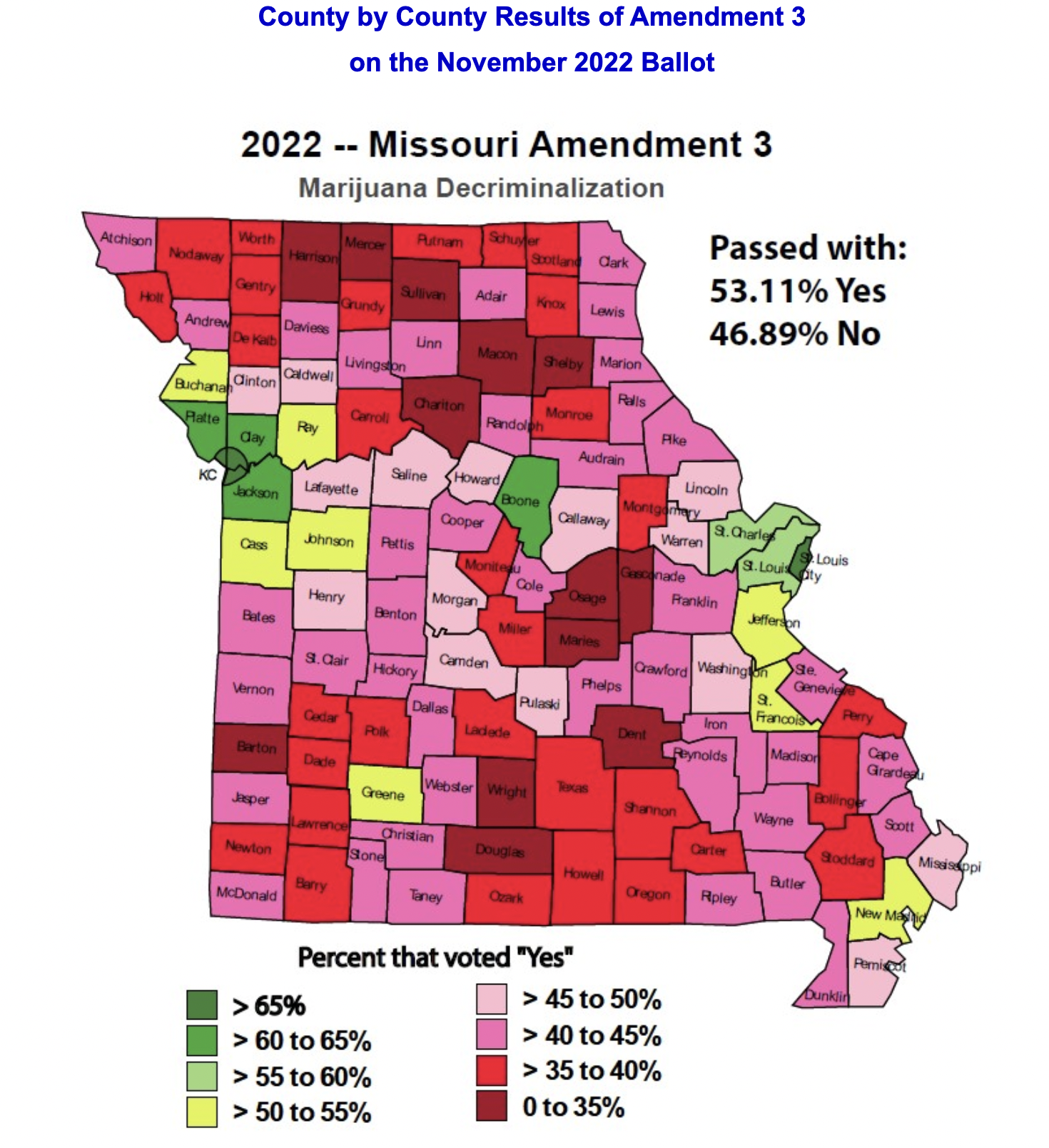
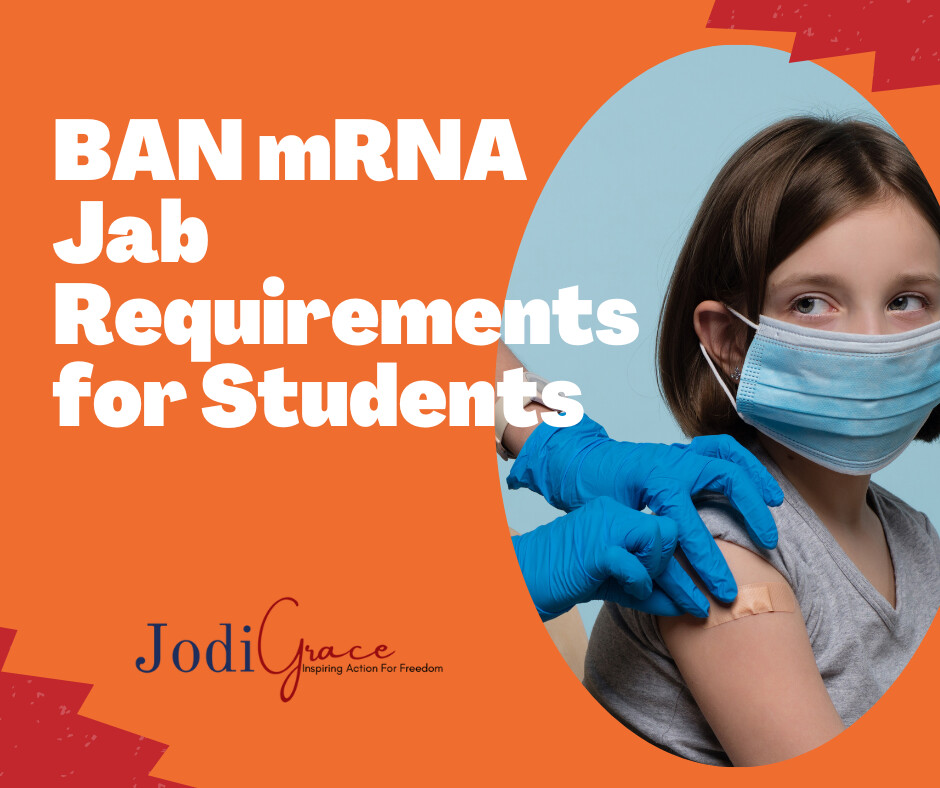
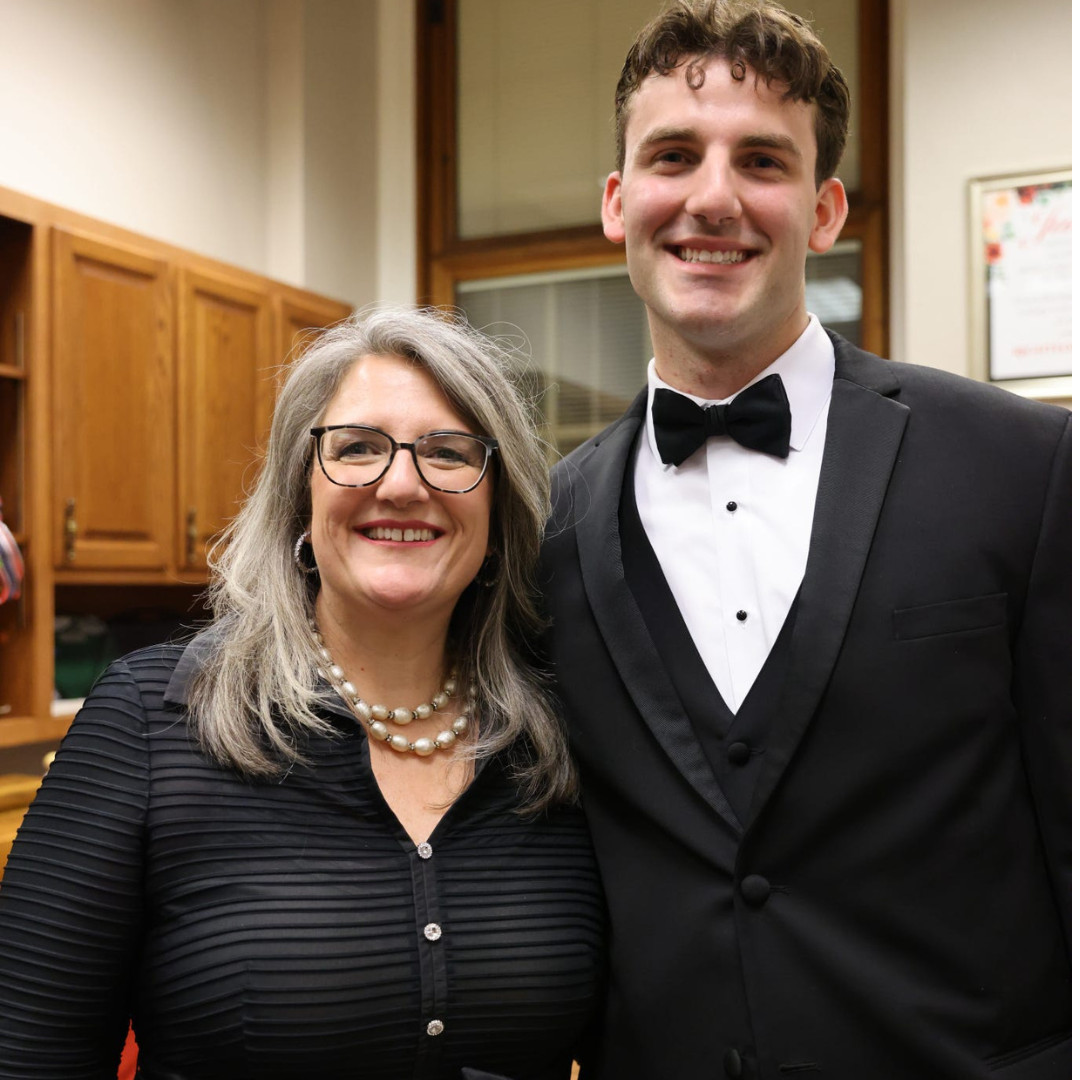
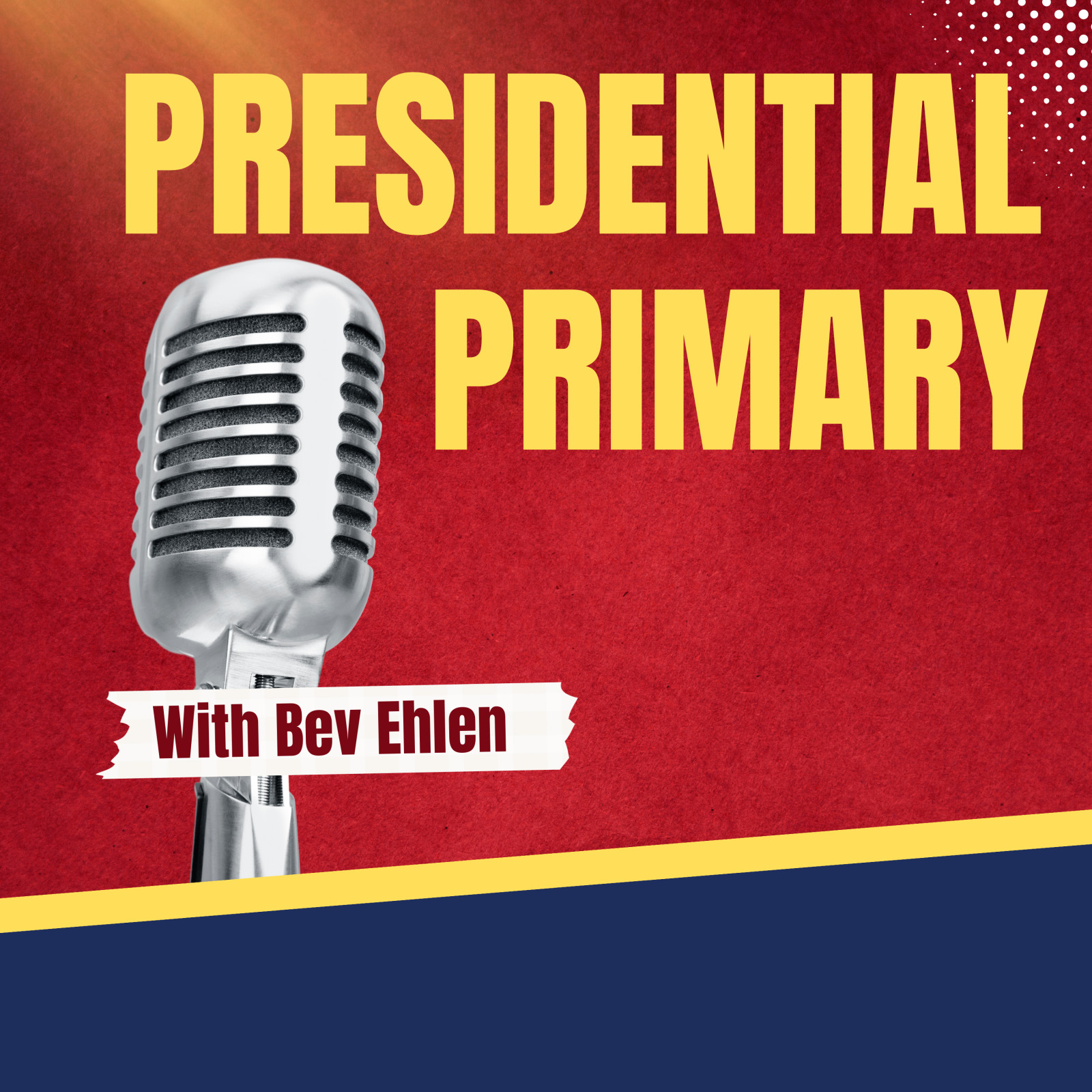



3 Comments